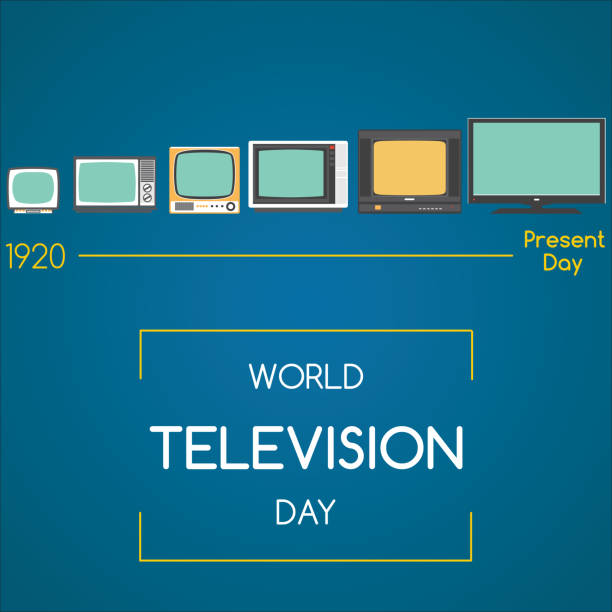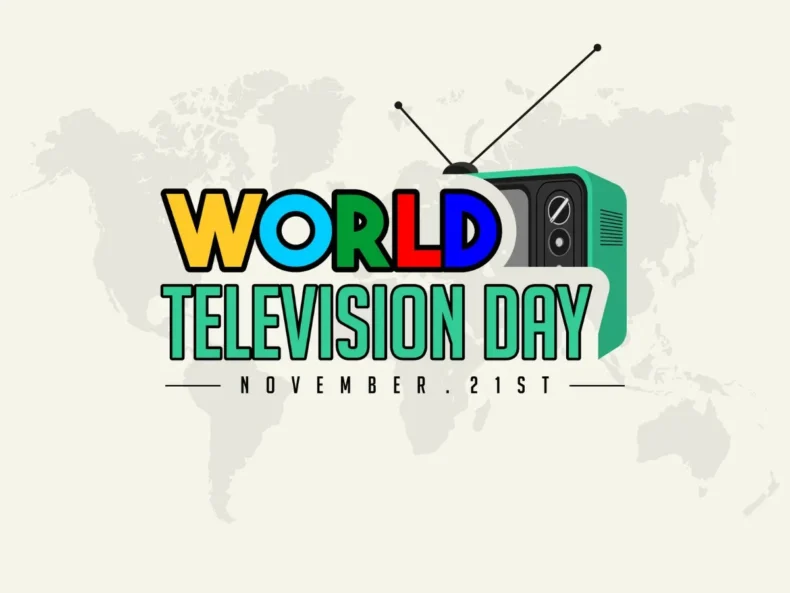On November 21, every year, World Television Day is commemorated. The purpose of this day is to recognise the value and influence of television in our lives. As a source of entertainment and information, it has a significant influence on people’s lives and society at large. Television hasn’t lost its relevance to this day, despite the globe evolving to use modern technologies. The main source for many individuals to stay informed about the outside world is still television.

History
The first electronic television was invented by Philo Taylor Farnsworth, a 21-year-old inventor, in 1927. He started to develop the idea for a system in high school that could record moving images, encode them, and then transmit those images through radio waves to other devices. He had no idea that the television would eventually serve as the symbol for a global information day.
The first World Television Forum was organised by the United Nations on November 21 and 22, 1996. Top media professionals gathered to talk about the rising importance of television in a world that is changing quickly and to think about ways to improve their mutual cooperation. UN officials understood that television had the power to draw attention to conflicts, increase public awareness of dangers to peace and security, and emphasise the importance of social and economic issues. There is no denying that television plays a significant role in influencing public opinion and has a significant presence and impact on global politics.
Therefore, the UN General Assembly agreed to declare November 21 as World Television Day, not to honour the actual device but to honour what it stands for in terms of communication and globalisation in the modern world.
Importance
When asked about life at home before television, a parent, grandparent, or great-grandparent would often mention that they read books, periodicals, and newspapers in addition to listening to the radio. Television has a profound impact on our society. It has changed the lifestyles of the people and has become a major influence of our culture. Unlike printing, which took hundreds of years to influence the culture, television’s impact was instantaneous.

In the early 20th century, television was considered as a potential tool for education and interpersonal communication, but by the middle of the century, it had developed into a thriving broadcast medium, employing the structure of broadcast radio to reach audiences across the globe with news and entertainment. The main source of information today is television. It updates us about our country, the rest of the world, finances, science, sports, and fashion, among other things. There are countless channels available for viewers of all ages. Furthermore it aids in educating the populace and fostering cultural globalisation.
Read also: A Guide to Finding an Online Casino on iOS













